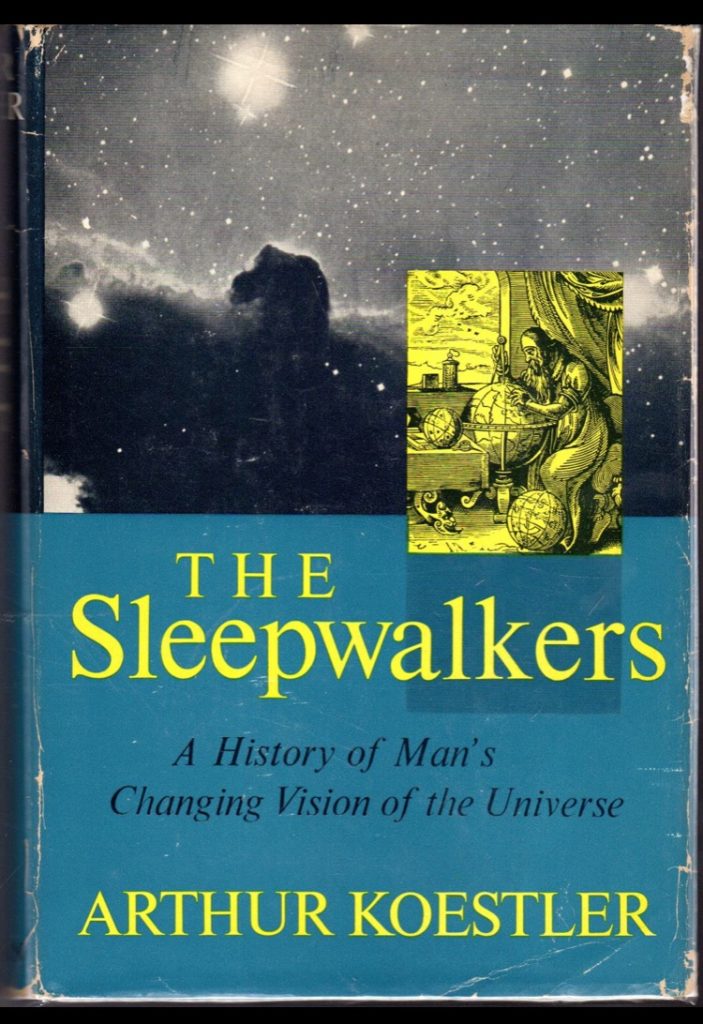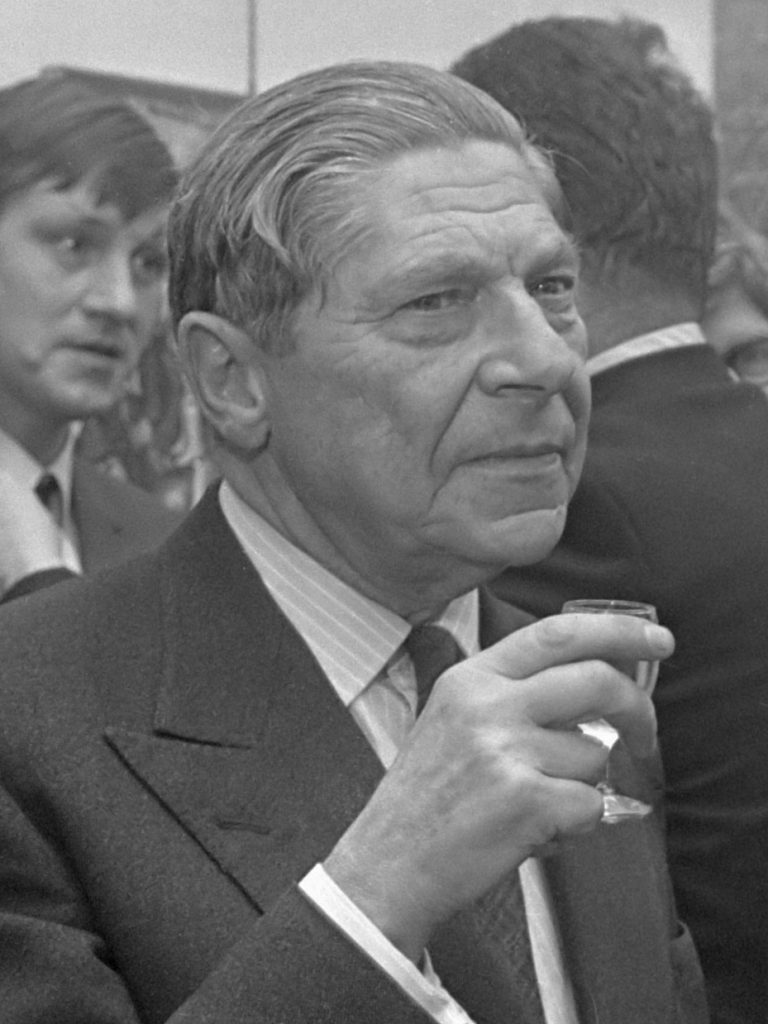I loved this. Exciting, informative, thought-provoking.


Called the ‘the indispensable intellectual’ by his biographer, prof. Michael Scammell, and frequently described as a polymath, I have to confess that, for myself, I only know Koestler so far via this book. There’s controversy around the suicide pact he and his wife partook of, brought on by his terminal illness, and I’ve also heard that he’s been criticised by some in the sciences, though exactly what for I can’t recall.
Well, I can only say that I thoroughly enjoyed this, his book on the history of astronomy, enormously. Like Carl Sagan he has a gift for sharing his enthusiasm that is contagious, and these are colourful people and fascinating tales that he’s covering. Watching Sagan’s Cosmos, I grew hungry for more info on such figures as Tycho Brahe, Copernicus, Gallileo, and Kepler. And Koestler’s book has proven to be perfect for me, as that’s exactly the kind of thing it delivers.

His thoughts on the schism between the two poles of what one might simply call ‘the spirit’ and ‘the material’ (the kinds of ideas that produce such polarities as arts vs. science, and/or religion vs. science) are interesting, but are also areas I’m less clear on.
But when he’s simply telling the stories, such as that of Kepler and his family, and the times they lived through (Kepler’s father is thought to have been a mercenary soldier, they lived during the tumultuous Thirty Years War, and as well as working and moving around because of the war, Kepler had to defend his mother against charges of witchcraft!), it’s absolutely gripping stuff. Like a novel, only better, inasmuch as this is about real people, and the gradual unfolding of real knowledge.
I’d definitely recommend this to those wanting to learn more about our continuing fascination with our place in the cosmos. And I’ll definitely be reading more Koestler on the strength of this.
